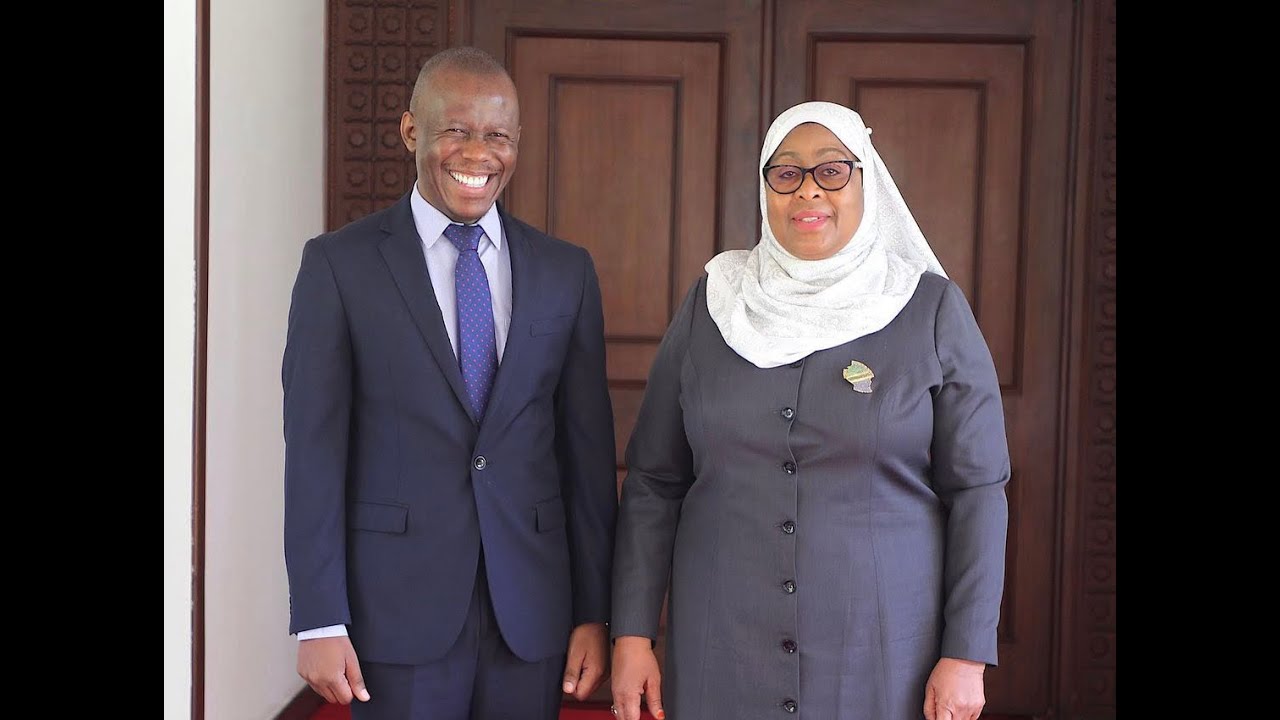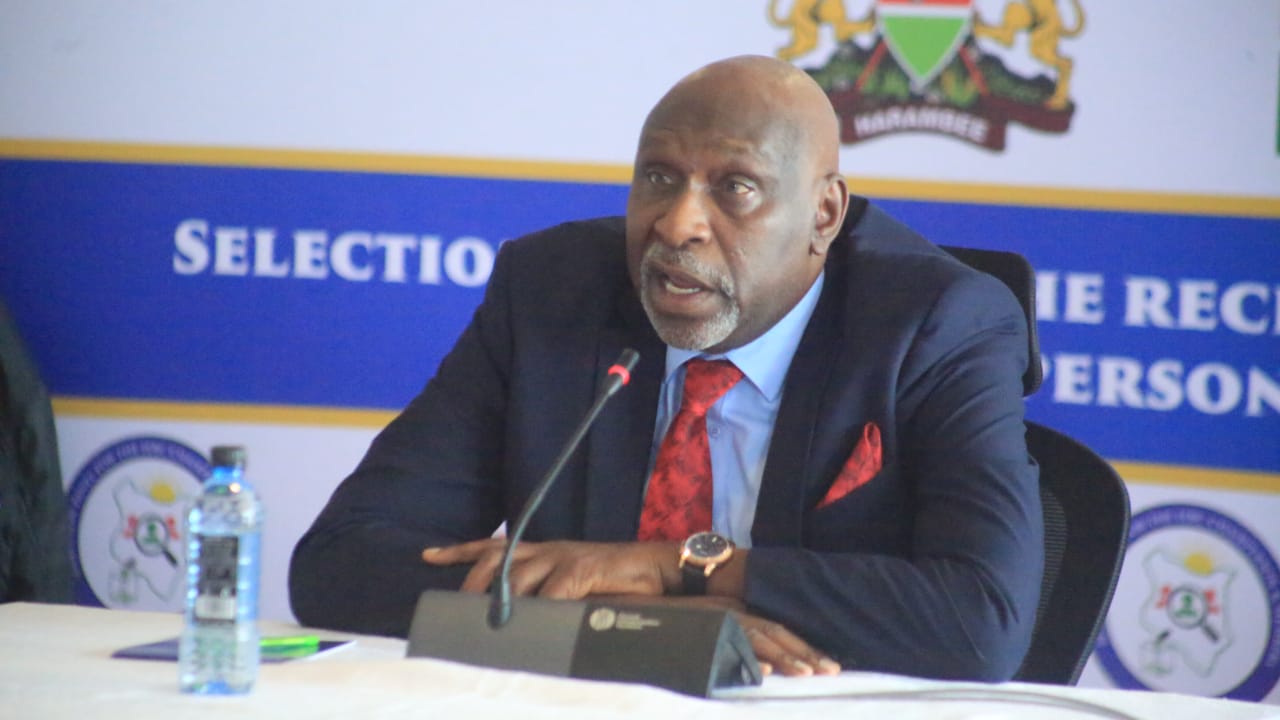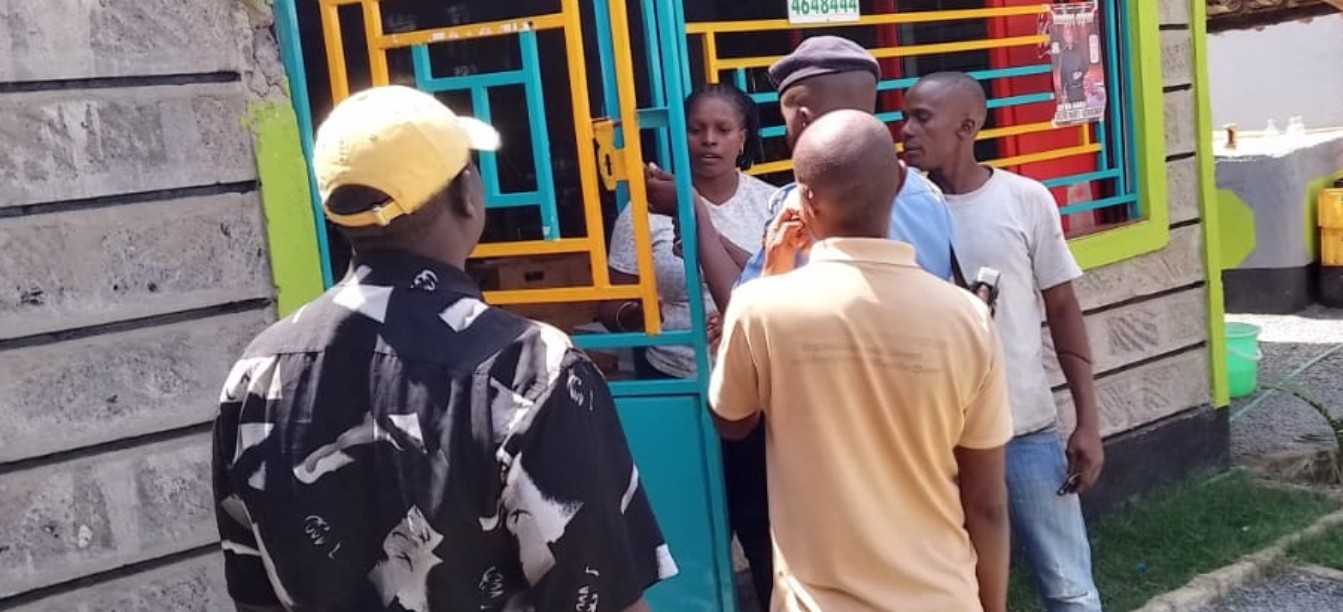Mudavadi urges shift from harambees to cooperatives to shield economy from political shocks

Mudavadi emphasised that cooperatives offer a more stable and inclusive financial model, capable of anchoring Kenya’s economy on local capital, particularly during politically volatile times.
The government has urged Kenyans to move away from traditional fundraising practices and embrace structured cooperative savings, warning that ongoing political uncertainty threatens the stability of foreign investment.
According to Prime Cabinet Secretary Musalia Mudavadi, relying on harambees is unsustainable and leaves the economy vulnerable during periods of unrest.
More To Read
- Kenya subtly endorses US-Qatar-brokered DRC peace deal, acknowledges changing regional dynamics
- Mudavadi defends state’s handling of June 25 protests, slams foreign envoys ‘for overreach’
- Farmers abandon Hustler Fund as CBK report shows shift to banks and digital loans
- Kenya, Finland reaffirm support for Somalia peace efforts amid ATMIS drawdown
- Kenya doubles down on One-China Policy to woo Beijing
- Cooperative clean-up: Oparanya targets non-compliant societies in major sector reforms
Mudavadi emphasised that cooperatives offer a more stable and inclusive financial model, capable of anchoring Kenya’s economy on local capital, particularly during politically volatile times.
He added that strong domestic savings through cooperatives can help cushion the economy from sudden capital flight driven by political instability.
“Savings are very fundamental to the growth of the economy. We must continue to grow it, because without savings, a country would not grow. Savings are fundamental to that. Cooperative movements are homegrown,” Mudavadi said during the 103rd Ushirika Day celebrations in Nairobi.
Unsustainable
He emphasised the need for a cultural and economic shift away from harambees, terming them unsustainable and instead urged Kenyans to adopt cooperatives as a "way of life".
“Let us make the cooperative movement a way of life. Let it become an economic religion. Let it become the maker of our economy. That is how strong we can make the cooperative movement,” he said.
“You all know you are called from time to time to go into Harambees. Our most sustainable way is to make the cooperative movement a way of life.”
Mudavadi warned that without a solid domestic savings foundation, Kenya remains vulnerable to the whims of foreign investors, especially during moments of political instability.
“If we have a strong cooperative movement, the resilience of our economy is strengthened because even in a moment of political challenges, there shall be no capital flight. That is how strong the Kenyan economy can be,” he said.
“Because sometimes foreign investment can be very sharp. The moment Kenyans sneeze in the streets of Nairobi, some will engage in capital flight.”
Cooperatives and MSMEs Cabinet Secretary Wycliffe Oparanya echoed Mudavadi's views, urging development partners to channel funding for small businesses through Savings and Credit Cooperative Organisations (Saccos) instead of commercial banks.
He noted that saccos are more accessible to ordinary Kenyans and have shown greater effectiveness in loan absorption and repayment than mainstream banks.
“Saccos have mobilised Sh1.2 trillion in savings and disbursed Sh1 trillion in credit, with only Sh200 billion idle. This shows they are not only stable but also more accessible to ordinary Kenyans compared to banks,” he said.
Top Stories Today
Reader Comments
Trending













































